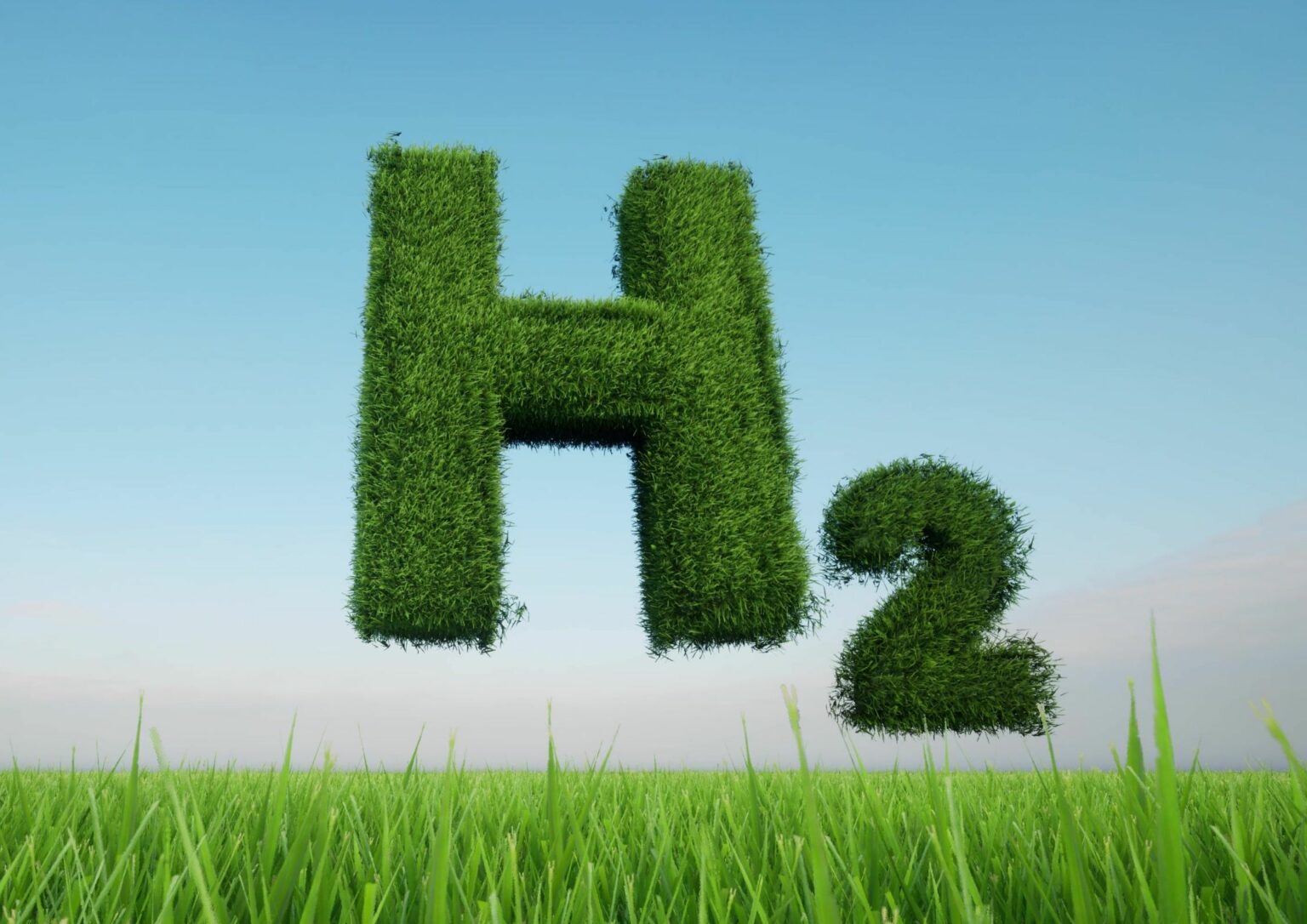BlueBird Aero Systems has introduced its latest tactical Vertical Takeoff and Landing (VTOL) Unmanned Aerial Vehicle (UAV), WanderB-VTOL, powered by proprietary hydrogen fuel-cell technology.
This system promises over six hours of continuous flight— a feat challenging the status quo of tactical UAV endurance.
Industry trends demonstrate a significant shift toward sustainable energy solutions, underscoring the relevance of BlueBird’s recent venture. This shift is powered by the need for reducing carbon footprints and enhancing operational capabilities, with the WanderB-VTOL standing as a testimony to the potential of hydrogen fuel-cells in the UAV domain.
Comprehensive testing data reveals that the hydrogen fuel-cell powered WanderB-VTOL not only exceeds six hours of flight time—a significant extension beyond the typical endurance offered by lithium battery-powered UAVs—but also maintains a flight ceiling of 16,000 feet while carrying payloads up to 1.5 kilograms. These technical specifications affirm its suitability for versatile missions across challenging terrains, including environments plagued by GPS denial and signal spoofing.
Battery-powered drones have long contended with challenges of limited energy density and frequent maintenance cycles—a pain point that BlueBird addresses. Operational data supports this, showing that fewer takeoff and landing cycles reduce mechanical strain and operational costs, cumulatively extending the UAV’s lifecycle. In surpassing lithium-based energy solutions, the hydrogen fuel-cell system promises to redefine logistic efficiencies, allowing for extended missions without compromising UAV integrity or mission success rates.
Aviation expert Avi Elraz, BlueBird VP R&D and Engineering, noted this innovation marks not merely a single advancement but a milestone shift, reflective of broader sectoral demands for cleaner, more efficient energy solutions. The synergy of a hydrogen fuel-cell with an auxiliary battery ensures a reliable and eco-conscious power system, with water vapor as the singular byproduct—an innovation synonymous with both efficiency and environmental stewardship.
Despite its prowess in extending flight duration and enhancing mission reliability, the hydrogen fuel-cell system’s maintenance interval of up to 1,000 hours features prominently among its selling points, providing a feasible solution to long-term operational sustainability.
Stay updated on the latest in energy! Follow us on LinkedIn, Facebook, and X for real-time news and insights. Don’t miss out on exclusive interviews and webinars—subscribe to our YouTube channel today! Join our community and be part of the conversation shaping the future of energy.





